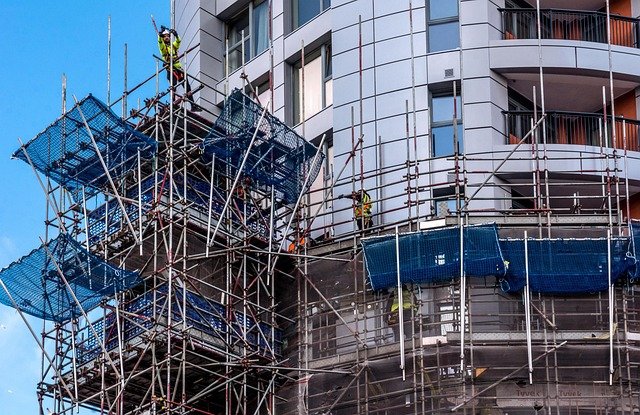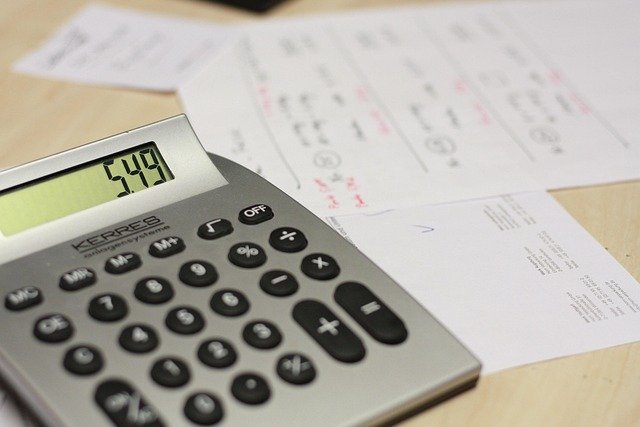Resolving security deposit disputes: evidence collection and official complaint routes
Security deposit disputes are common in rental relationships, especially where tenants and landlords have differing expectations about lease end condition and deductions. This article outlines practical steps for gathering evidence, keeping documentation, and pursuing official complaint routes for apartments in Dubai, aimed at helping tenants and landlords handle disputes fairly and transparently.

Security deposit disputes can stall a tenant’s move-out timeline and create friction between landlords and renters. In Dubai’s rental market, clear documentation and prompt evidence collection make a large difference when contesting deposit deductions. This opening section explains what to gather, how to preserve records, and which local complaint routes are commonly used. Good practice combines objective photos, dated correspondence, inventory checks, and knowledge of relevant rental rules to establish a credible claim or defense.
How to document lease and deposit condition?
Start with the lease: keep a signed copy that clearly states the rental amount, deposit amount, permitted uses of the deposit, and move-out procedures. At move-in, complete an inventory report noting the condition of walls, floors, fixtures and appliances; both tenant and landlord (or their representatives) should sign and date this report. Photographs and short video walkthroughs with timestamps are strong supporting evidence. Retain receipts for any agreed repairs or improvements and collect any written communications about deposit terms, as these form the core documentation for deposit disputes.
What evidence to gather about utilities and maintenance?
Record all communications about utilities and maintenance, including emails or chat messages requesting fixes and landlord responses. Keep bills and meter readings when possible to show who was responsible for utilities during the lease. When maintenance requests are ignored, log dates and outcomes; if you paid for emergency repairs, hold onto invoices and bank records that show the expense. Clear maintenance logs help distinguish between normal wear and landlord-neglected issues that might affect deposit deductions.
How to record parking, broadband, and accessibility issues?
Document the condition and any contractual terms related to allocated parking, broadband provision, and building accessibility features. If the lease includes specific parking spaces or broadband services, preserve the relevant clauses and any service-level communications. Photograph damaged parking areas or problematic access routes, and keep provider bills or installation records for broadband disputes. Evidence that shows agreed amenities were not delivered or maintained can influence deposit outcomes.
When to arrange inspections and note safety or energy concerns?
Arrange a joint inspection well before lease end to identify potential deductions in time to address them. During any inspection, note safety and energy-related concerns—such as faulty locks, faulty wiring, inadequate insulation or waste management issues—that could affect the deposit settlement. Use a checklist to record findings and ask the landlord to sign off on the inspection report. Where possible, obtain receipts for remedial works addressing safety or energy faults to demonstrate proactive resolution.
How to use HOA records and expat documentation?
If the apartment is part of a homeowners association (HOA), obtain relevant records on common-area maintenance, waste collection policies, and any outstanding charges tied to the unit. Expats should keep their residency and tenancy documentation current and accessible, including Ejari registration in Dubai where applicable. HOA statements, Ejari and passport/residency copies, alongside move-in/out inventories, strengthen formal disputes by showing legal standing and a clear timeline of occupancy and responsibility.
Which official complaint routes exist in Dubai for disputes?
In Dubai, tenants and landlords can pursue complaints through the Dubai Rental Disputes Center (RDC) or the local community’s grievance process when provided by an HOA. File a formal complaint with the RDC if direct negotiation fails; include all documentation, photos, inventory reports, receipts, Ejari registration and copies of the lease. Keep records of any attempts at mediation—these are often required before formal adjudication. Familiarize yourself with the RDC’s filing requirements and timelines so your evidence is accepted and considered during hearings.
Conclusion
Resolving security deposit disputes relies on organized evidence collection, clear communication during the lease, and knowledge of official complaint routes. For renters and landlords in Dubai, combining inventory reports, dated photographs, maintenance logs, HOA records and formal tenancy documentation creates a strong foundation for fair resolution. Consistent record-keeping and timely inspections reduce ambiguity at lease end and help both parties reach a reasoned outcome without unnecessary escalation.






